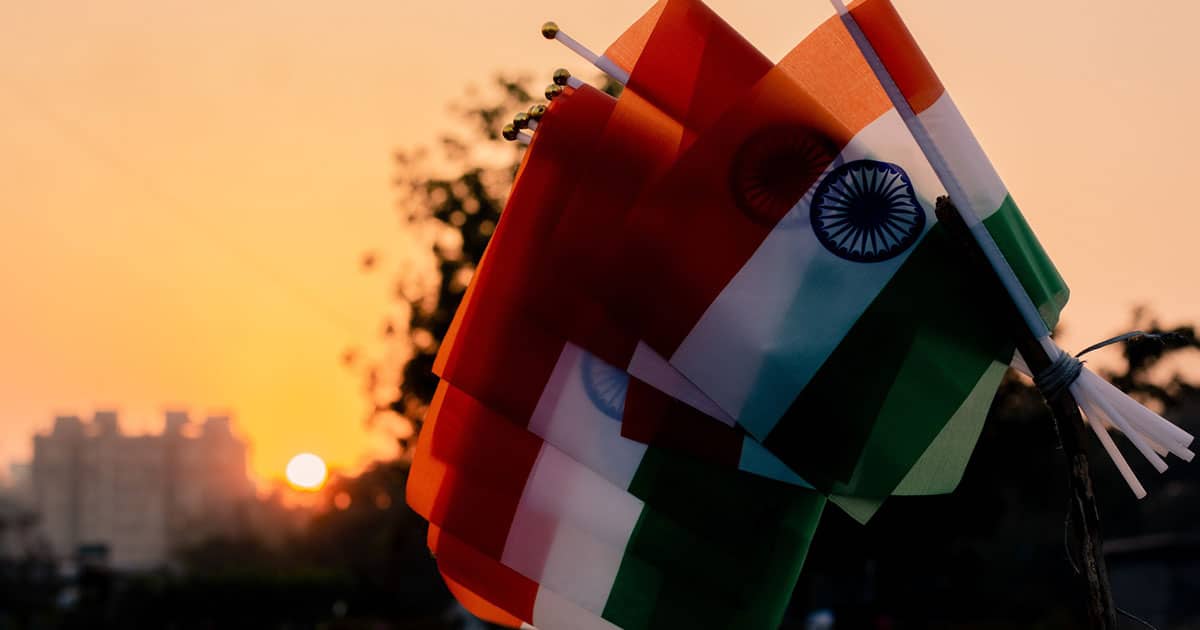On December 15, 2020, it was announced that Prime Minister Boris Johnson of the United Kingdom will be the Chief Guest at the forthcoming Republic Day parade. But come January and with it the new strain of coronavirus, the English PM had to cancel all foreign appointments, including the one in the Indian subcontinent.
So who will replace India’s first choice for its Republic Day chief guest? No one. In view of the COVID-19 pandemic, India has decided to not host any foreign dignitaries this year. Seems unreal? Well, it has happened before too, but in the very distant past.
The last time India held its Republic Day parade without a chief guest was in 1966 when the celebrations were held days after the demise of Prime Minister Lal Bahadur Shastri in an air crash in Tashkent. Since 1950, there have been a total of three such instances and 2021 will be the fourth.

With India going ahead with its Republic Day celebrations without a foreign dignitary due to the COVID-19 pandemic will seem ironic to some. It is not that the virus isn’t already here. For those who have long questioned the idea of holding communist-type military parades to celebrate the adoption of the Constitution, the irony could seem stronger.
There were suggestions to even scale down the military parades with tanks rolling down Rajpath in full military regalia. But in doing so, India will not be alone. Moscow had held a massive V-Day parade in June 2020 while the pandemic was still raging.
How does India choose its Republic Day guests?
Despite the pomp and show, Republic Day parades have largely served to boost the morale of India ever since its Independence from British rule. The 26th of January marks the day in 1950 when the Indian Constitution came into effect. In a way, it is the day every Indian earned the rights of freedom and equality after a long, arduous struggle.
India’s first R-Day celebrations were honored by Indonesian President Sukarno. This was back when Asian and African countries were celebrating their anti-imperialist struggles. The parade itself was seen as crucial for a newly-independent country trying to build the foundations of a brand new democracy. But in later years, it also served as a means to bolster India’s strategic, economic and diplomatic relations.
Who India invites to its Republic Day parade reflects its foreign policy in promoting better relations with specific countries. This year’s invitation to the British Prime Minister was extended in light of the two countries hoping to sign a mega trade deal. With Britain walking out of the European Union and India refusing the RCEP (Regional Comprehensive Economic Partnership) invite, both London and New Delhi are looking for major bilateral deals to promote trade and industry.
Did you also read this story?
India’s First Republic Day Celebrations – 13 Lesser Known Facts
For instance, when India invited US President Barack Obama in 2015, it spoke of the stronger US-India ties in the coming years. Both the nations agreed to be on the same page about China’s aggressive postures in the Asia-Pacific waters, and have been ever since.
The choice of a Republic Day chief guest is ratified by the Prime Minister and the President of India. So in 2017, when India invited the Crown Prince of the UAE to do the honors, it was seen as part of the Modi government’s long-held agenda to woo the Gulf kingdom. Next year, as part of its Act East policy, India had invited all the ASEAN countries.
However, last year’s Republic Day dignitary drew quite a controversy. The Brazilian President Jair Bolsonaro was extended an invite despite Brazil’s anti-India policy for its sugarcane farmers at the WTO. Brazil has been a long time competitor of India in the international sugar market. To add insult to injury, Bolsonaro’s misogynist and homophobic reputation made matters worse.
What does the chief guest do in the Republic Day parade?
The chief guest mainly reviews the Republic Day parade with the President of India. But the chief guest’s visit also includes the ceremonial guard of honor at Rashtrapati Bhavan, an evening reception hosted by the President, laying of a wreath at Rajghat, a banquet in the Chief Guest’s honor, a lunch hosted by the Prime Minister, and calls by the Vice-President and the External Affairs Minister.

